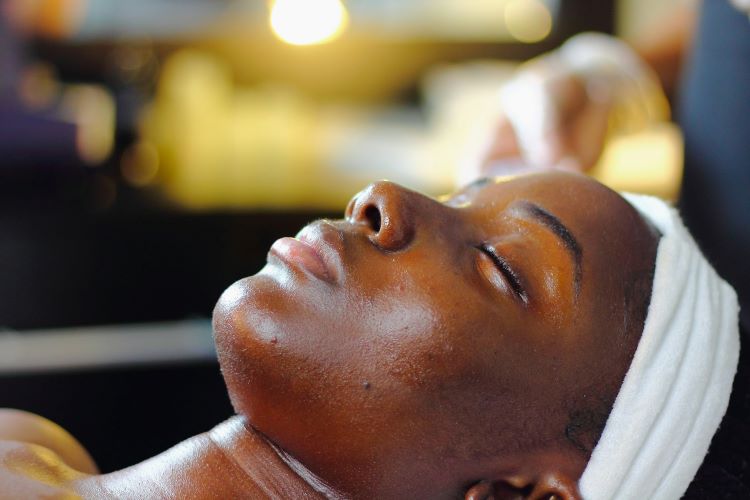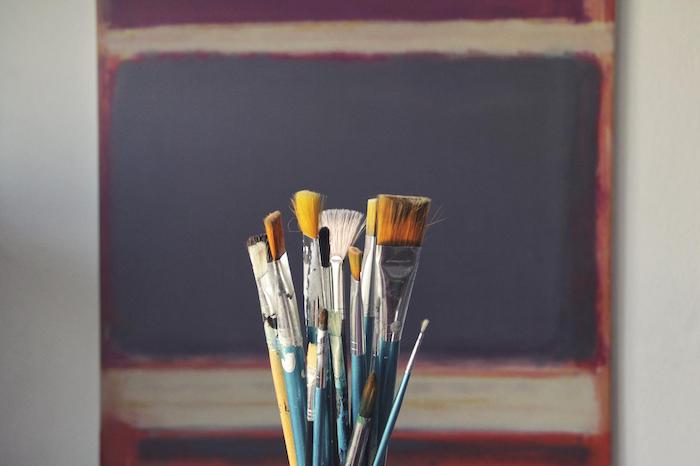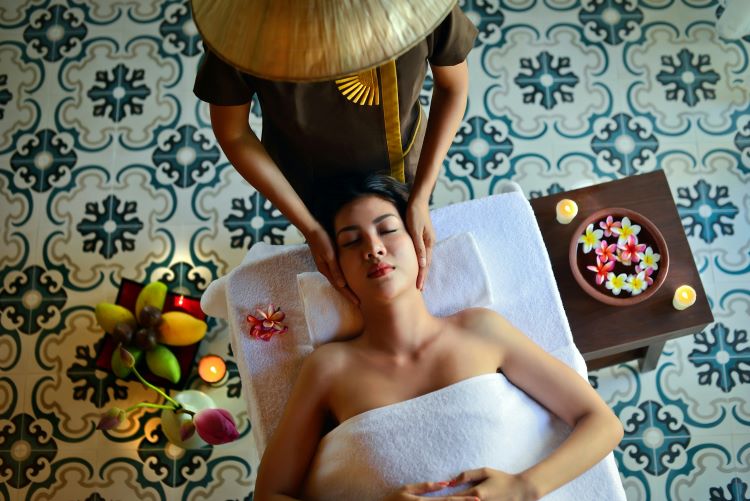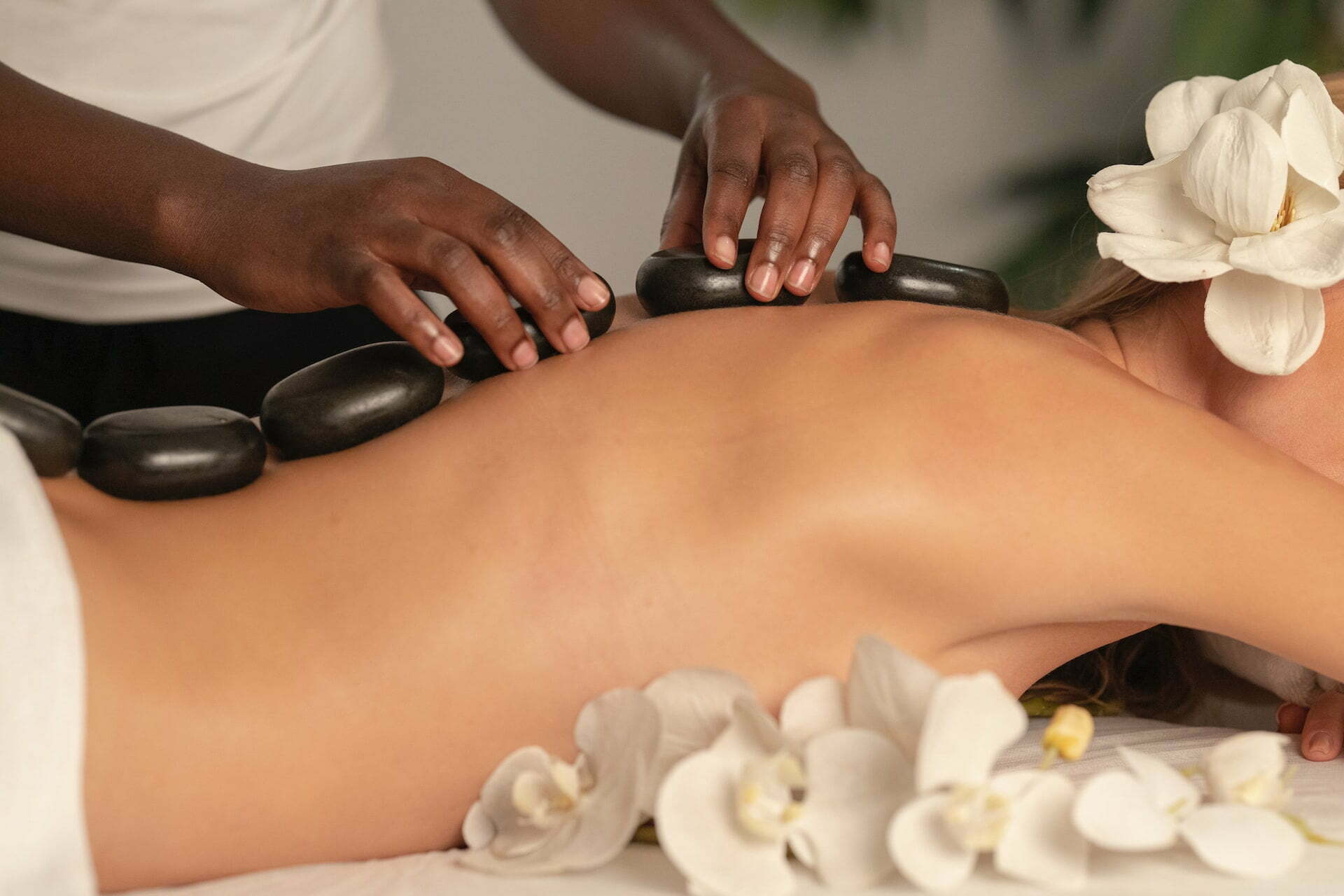Holistic Therapies
Quick links for Holistic Therapies for Addiction
- How can holistic therapy help to treat addiction?
- What types of holistic therapies are available at drug and alcohol rehab?
- What are the benefits of holistic therapy for addiction?
- How can I access holistic therapy treatment for addiction?
- References for holistic therapy in addiction treatment
In recent years, holistic therapies (also known as alternative therapies) have become a popular complementary tool for many different types of medical treatment, including for addiction.
This form of therapy treats the individual as a whole rather than isolating a specific ailment, focusing on bringing the mind, body, spirit, and emotions into alignment. [1]
Holistic therapy treatments can reduce feelings of stress, anxiety and depression, all of which can contribute to addiction.
Additionally, this form of therapy promotes mindfulness by encouraging people to focus on the present moment.
This can be a powerful tool for resisting cravings and navigating potential triggers outside of treatment.
How can holistic therapy help to treat addiction?

Woman getting ready for a massage holistic therapy for addiction at a drug and alcohol rehab clinic
While traditional treatment methods focus solely on the addiction itself, holistic therapy stems from the belief that the individual must be treated as a whole. Each part of the body is connected, and therefore each part of the body is affected by the addiction and must be treated as such. [2]
These treatments focus on healing the body, mind, spirit and emotions as well as the addiction
If an individual is going through detoxification for alcohol addiction, holistic therapy may involve massage and aromatherapy to treat the feelings of anxiety and depression that can arise during this process.
It can apply to behavioural addictions as well as substance abuse, with individuals addicted to video games encouraged to practice meditation and mindfulness in order to clear their minds and feel content with the present moment.
Holistic therapies should not be solely used as a treatment for addiction but instead should complement more traditional methods such as:
- Counselling
- Detoxification
- Cognitive Behavioural Therapy (CBT)
- Dialectical Behaviour Therapy (DBT)
- Motivational Interviewing (MI)
- Motivational Enhancement Therapy (MET)
- Acceptance and Commitment Therapy (ACT)
- Family Therapy
- Group Therapy
- Brief Interventions
- Medically Assisted Therapy (MAT)
- Trauma Therapy
What types of holistic therapies are available at drug and alcohol rehab?

Paintbrushes set up for holistic therapy at a drug and alcohol rehab centre
There are countless forms of holistic therapy treatments available, some more common than others.
Many of these practices induce feelings of relaxation, which can be helpful to individuals who struggle with anxiety or depression and even those who are going through withdrawal symptoms during detoxification.
It is important to note that while the below treatments are generally safe to practice, it’s recommended to seek medical advice before ingesting herbs, applying oils, or attempting a new form of exercise.
Some of the most common types of holistic therapy include:
1. Yoga
One of the more popular forms of holistic therapy, [4] yoga involves slowly moving and contorting the body into specific poses while focusing on slow, regular breathing. It’s an effective way to relax and stretch the body and is thought to induce feelings of relaxation while decreasing anxiety and depression.
It’s recommended that anyone attempting to try yoga for the first time should do so with a professional instructor to reduce the risk of injury.
2. Mindfulness
While mindfulness is a form of holistic therapy, it is also taught as part of a cognitive behavioural therapy treatment plan.
It involves focusing the attention on the present moment without worrying about the past or the future.
This can be achieved by listening intently to the sounds around you, focusing on the smells in the air, and feeling the textures of the fabrics and items in the room.
Mindfulness allows you to take control over your thoughts and become aware of what you are thinking and feeling. This allows you to make calmer, more rational decisions.

Woman receiving a head massage and aromatherapy during holistic therapy for addiction
3. Tai chi
Tai chi is a gentle form of exercise that involves slow, graceful movements and stretches. The body is constantly moving, improving posture and flexibility while increasing mindfulness and relaxation.
Originating from China, tai chi is a low-impact exercise that can be safe and practical for a range of people. [5]
4. Aromatherapy
The combination of specific essential oils and fragrances is thought to induce various sensations and moods.
This practice is known as aromatherapy and can be used for many purposes including relaxation, pain relief, and insomnia. [6]
The oils can be diffused, added to a bath, or massaged into the skin – however, they should not be ingested orally.
5. Massage
Massage is the act of using human touch to induce feelings of relaxation, alleviate pain and increase feelings of connection.
There is a huge range of massage options available including deep tissue, hot stone, and Swedish massage, and a professional massage therapist will always be respectful and ensure that you feel comfortable with the process.
6. Acupuncture
Although it may look intimidating, acupuncture is a painless form of therapy involving the insertion of very thin needles into pressure points all over the body. It is thought to stimulate nerves, reduce the sensation of pain and help to alleviate feelings of anxiety and depression, as well as support recovery from addiction. [7]
7. Bowen technique
Similar to other holistic treatment methods, the Bowen technique involves light touch using a rolling motion.
It is often used to treat feelings of anxiety and depression [8] as well as alleviate painful sensations, making it ideal to practice during the withdrawal process.

Person having a hot stone massage during holistic therapy for addiction
8. Reflexology
A form of light massage, reflexology is based on the belief that our body parts are intrinsically linked through the nervous system.
If a reflexology therapist massages a section of the foot, this may correspond to a completely different body part or even an organ.
This treatment is thought to boost your mood and reduce feelings of anxiety. [9]
9. Meditation
Meditation can help to clear the mind, reducing feelings of anxiety and depression. It usually involves sitting or lying down with your eyes closed, observing your thoughts without judgment.
Often used as a form of mindfulness, meditation focuses on the present moment instead of the past or the future.
10. Hypnotherapy
In popular culture, hypnotherapy is seen as a way to control others and make them perform often humiliating acts in front of a crowd.
In reality, it is a state of deep relaxation in which the individual is in full control but is more open to suggestion, allowing a hypnotherapist to explore aspects that may have previously remained hidden.
11. Reiki
Reiki is based on the belief that we have energy inside us, also known as a life force.
When the energy is low, our health and general well-being suffer.
Originating in Japan, reiki involves touching different parts of the body in order to encourage the life force to flow throughout the individual and induce healing.

Two people discussing holistic therapy for addiction
12. Traditional Chinese medicine
While Western medicine is focused on curing disease, traditional Chinese medicine takes a preventative approach while simultaneously focusing on improving general well-being.
This can involve ingesting or applying various herbs to the body, regularly practising other forms of therapy such as acupuncture or tai chi and using the cupping technique to improve blood flow and energy.
13. Nutritional therapy
This form of treatment promotes health and well-being through diet and lifestyle, encouraging healthy eating and regular exercise.
It can help to heal any nutritional deficiencies caused by years of addiction and physical self-neglect, boosting self-esteem and increasing feelings of motivation.
14. Art Therapy
Art therapy uses various artistic mediums to help patients express thoughts and feelings that they may otherwise struggle to articulate.
No preexisting skill is needed for art therapy to be effective – the key is that the patient feels like they are able to get to grips with these complicated emotions in a new way.
This can take the form of painting, drawing, sculpting or any other approachable artistic medium.

Person engaging in music therapy during holistic treatment for addiction
15. Music Therapy
Music therapy uses the same basic principles as art therapy, allowing the patient to explore their relationship with addiction in a new way.
Once again no musical skill is needed for this technique to work. The point is not to be good at music therapy, but to find new ways to express and approach the core issues that drive addiction.
16. Equine Therapy
Equine therapy involves the use of horses to help an individual learn more about the nuances of their addiction.
As very insightful animals, controlled interactions between a patient and a horse can allow specially trained therapists to make observations about a wide variety of personality conditions within the individual, particularly relating to social awareness, self-confidence and how a person observes the world around them.
This can help inform a more detailed recovery plan, encouraging the patient to overcome many of the personality flaws that can lead to addiction.
On top of this, equine therapy has been described by many as a relaxing and inspiring treatment, encouraging both healthy outdoor exercise and greater empathy.
However, due to the considerable resources and specialised skills needed, equine therapy can be difficult to access for most drug and alcohol rehab centres.
What are the benefits of holistic therapy for addiction?

Man holding his head and speaking with a specialist about holistic therapy for addiction
When used in combination with traditional treatment methods such as counselling and aftercare, holistic therapies can provide a range of benefits to those recovering from a substance or behavioural addiction.
These practices teach a number of life skills that many people will not have previously learned, such as the importance of exercise and a healthy diet or the effectiveness of meditation for relaxation.
These skills can be carried with them even after the treatment programme has ended.
Some of the main benefits of holistic therapies include:
- Increasing the practice of mindfulness, helping individuals to resist cravings and navigate situations that may potentially cause them to relapse
- Providing knowledge and tools that many individuals suffering from addiction may be lacking, such as health and nutritional information
- Decreasing feelings of stress, anxiety and depression which can contribute to addiction
- Providing relief for physical ailments – massage can help to relax aching muscles and joints
- Assisting individuals through the withdrawal process, a difficult and unpredictable phase of recovery
- Improving symptoms of insomnia, allowing for a deeper and more healing sleep
- Teaching individuals to respect their bodies through the process of self-care
How can I access holistic therapy treatment for addiction?

Two people sat together discussing holistic therapy for addiction
As many forms of holistic therapy are not scientifically proven and based only on principle and theory, it can be difficult to receive these treatments on the NHS. [9]
Many people access holistic therapy treatments through specialised practitioners or rehabilitation treatment programmes, although it is recommended to visit your doctor beforehand for a specific diagnosis and/or referral if required.
Here at OK Rehab, we can recommend a range of effective treatment programmes for addiction that include holistic therapy practices as a complementary form of treatment.
Get in touch today and discover a world of alternative treatments that can help to heal your mind, body, spirit and emotions, as well as a substance or behavioural addiction.
References for holistic therapy in addiction treatment
- https://minds.wisconsin.edu/bitstream/handle/1793/74083/Jorgensen,%20Donna.pdf
- https://www.researchgate.net/publication/271622364_Revisiting_Holistic_Interventions_in_Substance_Abuse_Treatment
- https://www.ncbi.nlm.nih.gov/pmc/articles/PMC3193654/
- https://www.health.harvard.edu/staying-healthy/the-health-benefits-of-tai-chi
- https://www.ncbi.nlm.nih.gov/pmc/articles/PMC5192342/
- https://pubmed.ncbi.nlm.nih.gov/33839169/
- https://www.thebowenclinic.co.uk/backpain
- https://www.ncbi.nlm.nih.gov/pmc/articles/PMC7512096/
- https://www.nhs.uk/conditions/complementary-and-alternative-medicine/






